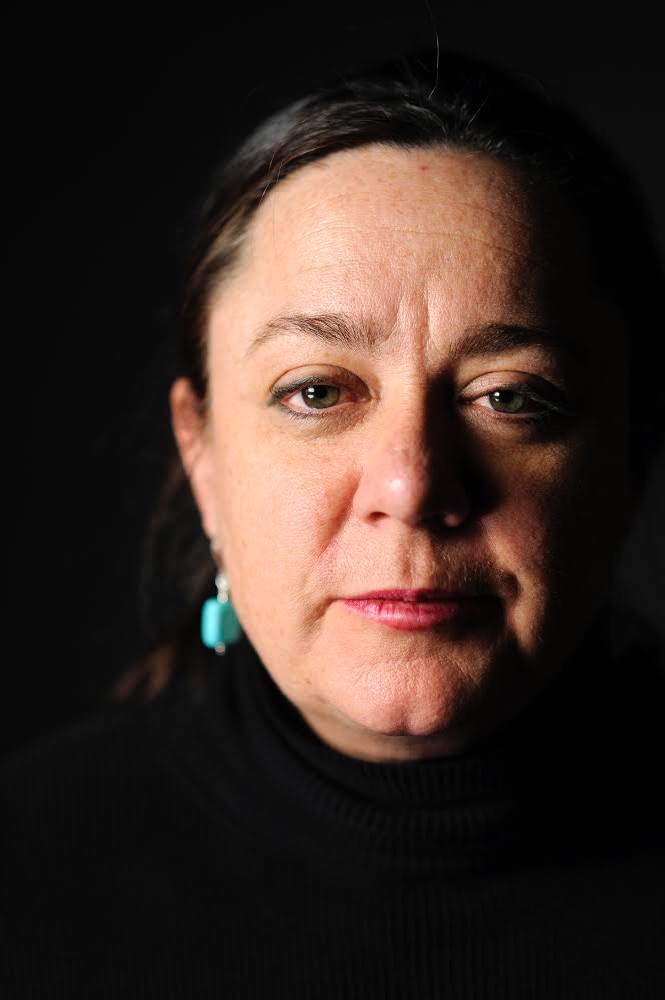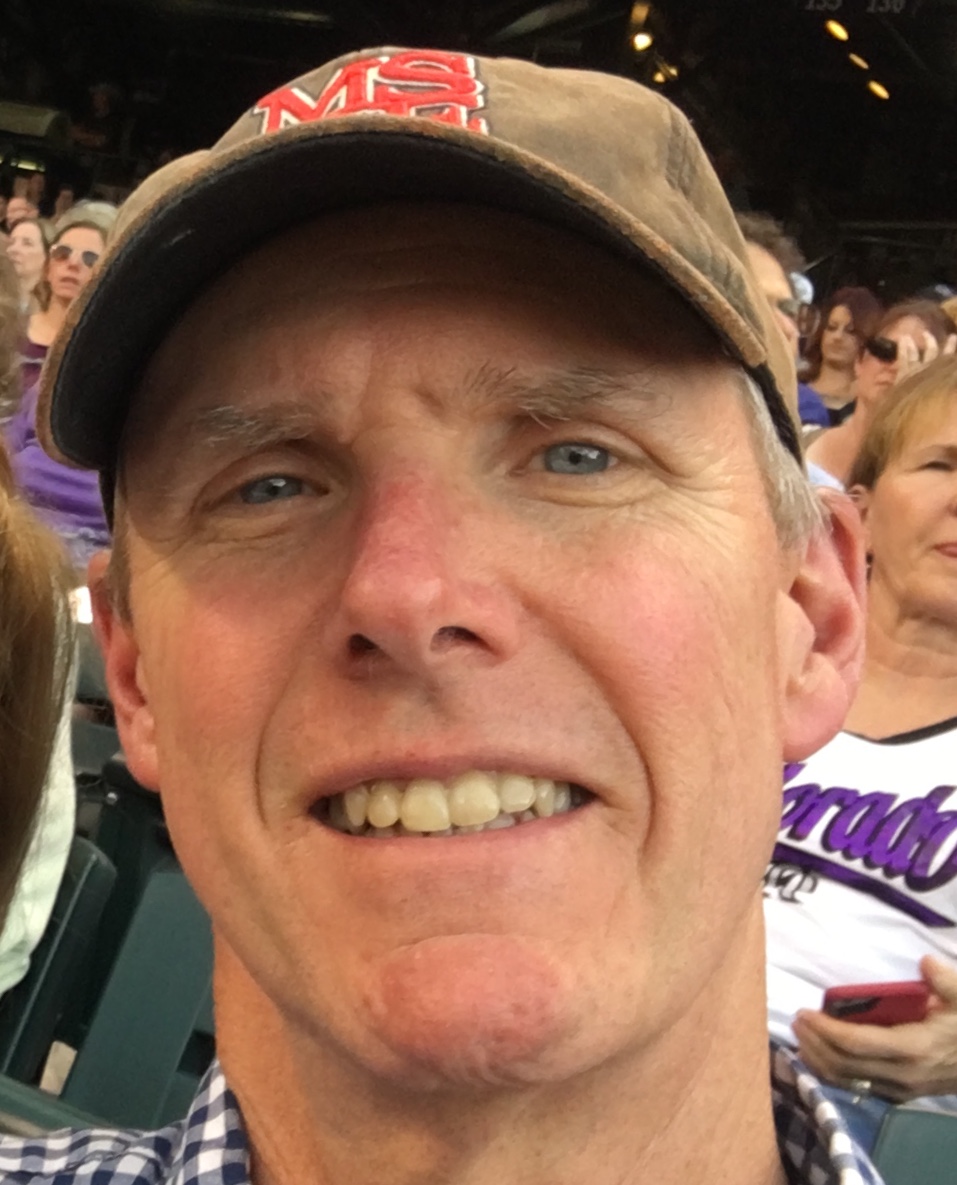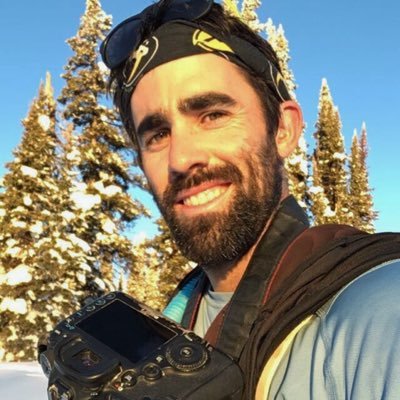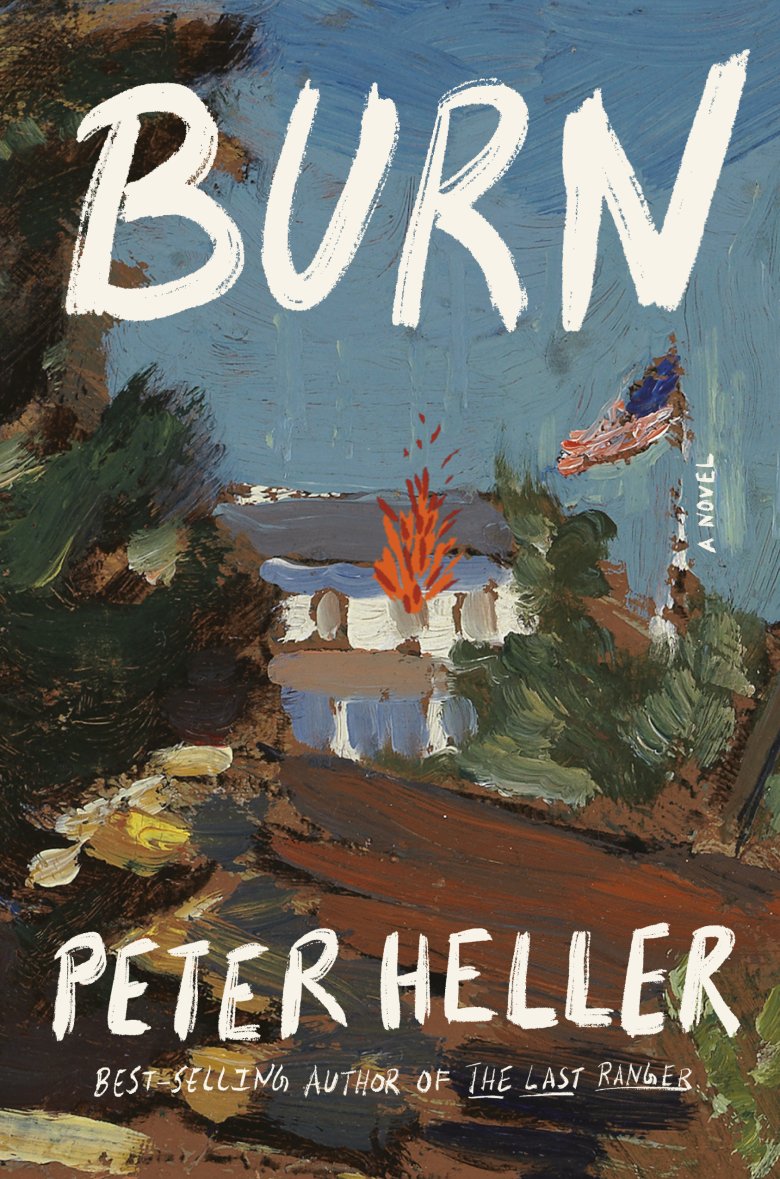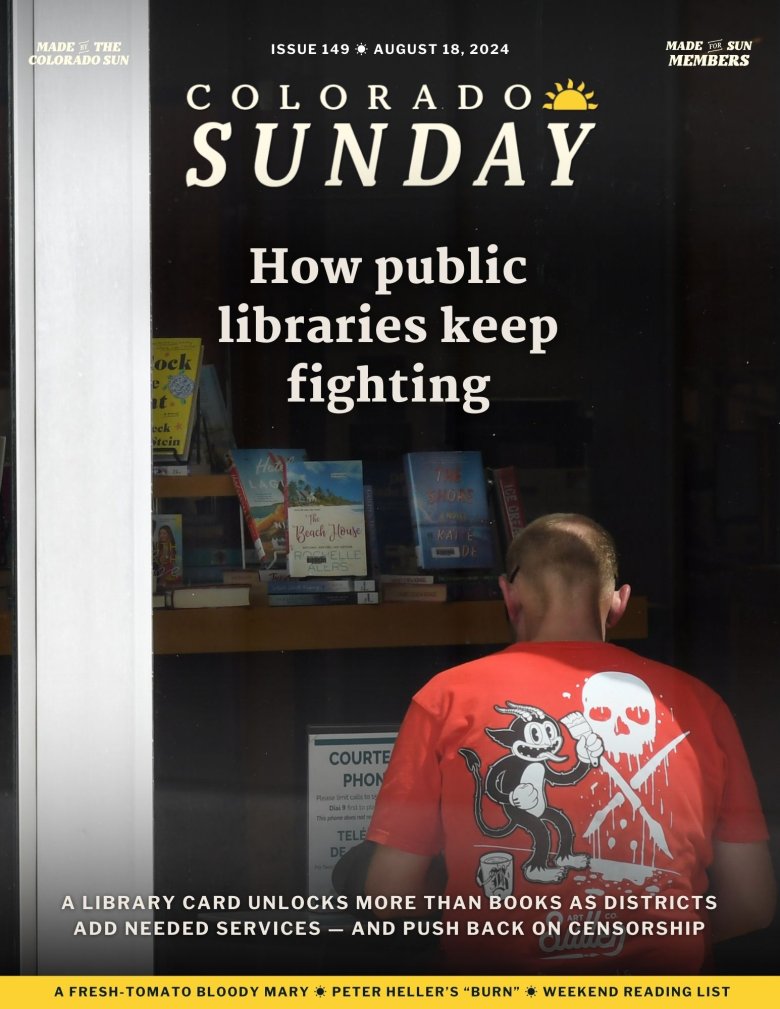
Happy Colorado Sunday, all.
I hope your week was lovely. I can’t tell you how happy I was to be able to report measurable rainfall to the Colorado Collaborative Rain, Hail and Snow Network three days in a row. If I didn’t have a full-time job, you can bet that the big storms delivering needed doses of cooling rain every afternoon would have sent me scrambling for a novel and a chair on the covered front porch.
There is something soothing about a break with a book. These days there are stacks of to-be-read books staring at me from most flat surfaces in my house, so I don’t have the same use for the library that I did when I was a kid. But I learned reading this week’s cover story by Kevin Simpson that if I did peek inside the branch less than a mile from home, I would find a place transformed to meet the needs of my community no matter what direction they’re coming from.
The Cover Story
Libraries have adapted to the moment, but their bedrock purpose hasn’t changed
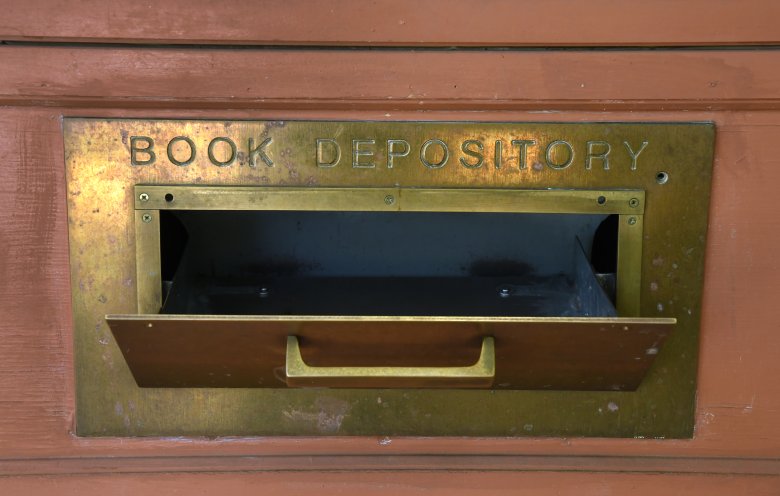
Seems like everyone has some vivid memory of their public library, right? For me, it’s flashbacks to grade school days when the bookmobile would visit and I’d score an armload of fresh literary adventures. Or the woody scent of the main library’s massive card catalog as I scoured the Dewey Decimal System to source a high school paper. A lot has changed since then, and a pandemic demanded a whole raft of new strategies, but libraries have always operated on the premise of welcoming all and filling public needs.
And we found that’s definitely still the case — with some interesting twists — as we checked in on this amazing institution in Colorado to see how it has evolved to meet a very challenging moment. We paid particular attention to rural libraries, whose services have expanded even into connecting patrons with health care, but also looked at overarching issues like censorship and the difficult task of patching our social safety net. And just a heads up: We’ll be talking further about libraries’ evolving role with a panel of experts next month at SunFest. Sign up and bring your library cards!
READ THIS WEEK’S COLORADO SUNDAY FEATURE
The Colorado Lens
Things move quickly in Colorado and people wear many hats to get things done. Here are a few of our favorite images this week of people going places and making change happen in their communities.
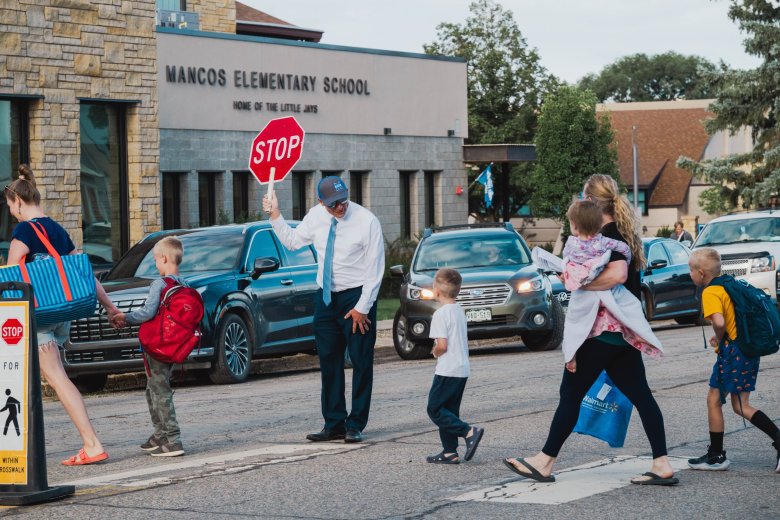
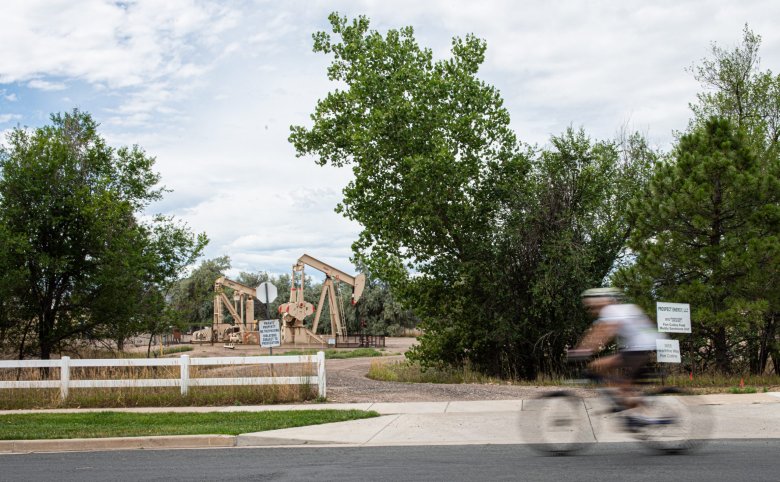
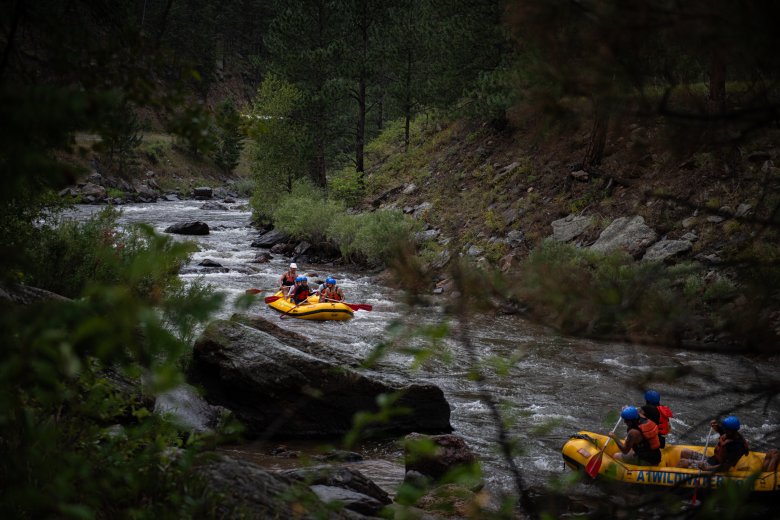
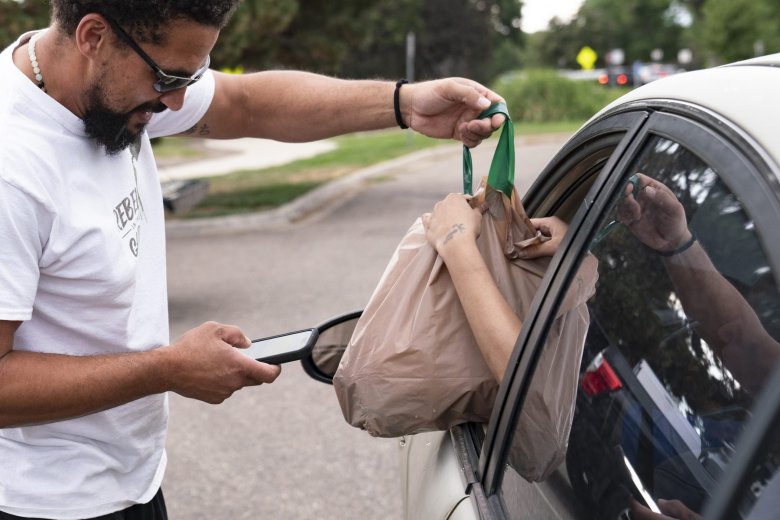
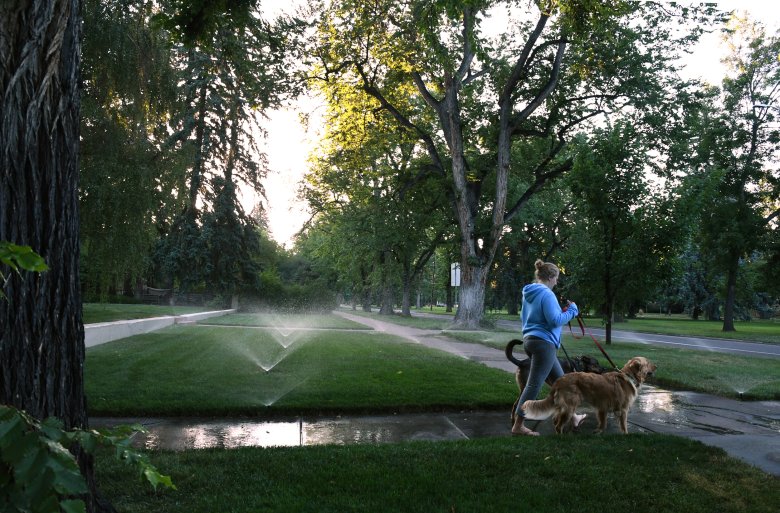
Flavor of the Week
To-may-to, to-mah-to. Any way you juice them, they make a great cocktail.

Summer is not my favorite season — winter is, by a country mile, followed by the other seasons that at least have some snow and no 100-degree days.
However, as an avid gardener and a big fan of the fresh offerings at at our local farmers market, it’s easy to acknowledge how good a tender, juicy, heirloom tomato is with a sprinkle of salt and pepper, and maybe a drizzle of really good olive oil, in the middle of summer. And as a distiller, I’m a big fan of tomato-driven cocktails, whether a Bloody Mary, Bloody Maria, Bloody Caesar, Red Snapper, really anything punched up by tomato and a bit of spice.
I’d heard of a freshly juiced Bloody Mary at Mount Princeton Hot Springs Resort near Buena Vista more than 10 years ago, when some friends were married there, but didn’t have the opportunity to try it. The concept stuck with me, though. Friends described it as a totally different cocktail experience. Years later, I stopped in and interrogated some confused employees at the hot springs. They had apparently discontinued it during the COVID-19 pandemic.
So when it returned this summer, I knew it was time to strike. Tom Warren at Mount Princeton and Susan Hirt, whose Bloody Mary at Mother Muff’s in Colorado Springs was inspired by a visit to the hot springs almost 20 years ago, were very generous in talking through their processes and ingredients, and offering tips for home mixologists. There are countless possible permutations, so don’t be afraid to experiment. If it’s fresh, delicious and refreshing, if it leavens a hot summer day and puts a smile on your face, then you’ve succeeded.
READ ON FOR TIPS, TECHNIQUES AND A BASIC FRESH TOMATO JUICE RECIPE
SunLit: Sneak Peek
In “Burn,” a surreal landscape greets two men with the remains of seemingly indiscriminate violence
EXCERPT: Two men emerge from a hunting trip in the Maine wilderness to find a staggering swath of death and destruction. Bestselling author Peter Heller taps into today’s disturbing political dysfunction as these lifelong best friends, Jess and Storey, navigate their way toward an understanding of what’s happened to society. Secession?
THE SUNLIT INTERVIEW: Heller offers a glimpse inside the writing process that has made him a bestselling author, but also into his thoughts on the divisive politics of our time and the dangers that presents. Here’s a brief segment from his Q&A, but you do not want to miss Heller’s podcast conversation with our Tracy Ross:
SunLit: How does the relationship between your characters Jess and Storey, who emerge from their trip to find a starkly divided America, fit into the broader societal and political rift?
Heller: Well, there is this sense that whatever happens in this conflict — which may or may not be rippling out into the broader nation — their friendship is solid, irrevocable. I can only hope that their bond stands for the state of our Union. That whatever the perceived betrayals or wrongs … we can get past them.
READ THE INTERVIEW WITH PETER HELLER
LISTEN TO OUR PODCAST WITH THE AUTHOR
Sunday Reading List
A curated list of what you may have missed from The Colorado Sun this week.
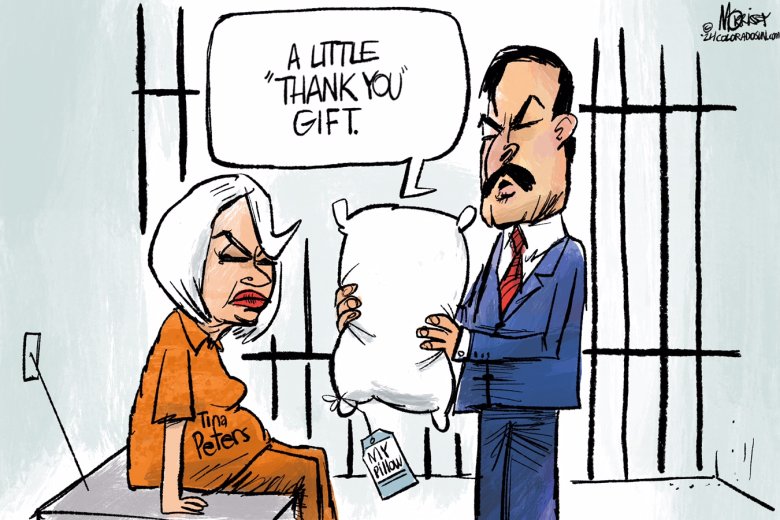
🌞 The big news of the week was that a Mesa County jury returned a guilty verdict on most of the charges former Clerk and Recorder Tina Peters faced. Nancy Lofholm reported from the trial and served up the jury findings with a lot of important context. Related: Can people convicted of felonies vote in Colorado? It’s complicated.
🌞 More than half of Colorado school districts now have kids in the classroom just four days a week, a move superintendents attribute to budget problems. Erica Breunlin reports there are costs to the switch that are showing up in students’ academic performance.
🌞 In political news, Minnesota Gov. Tim Walz, the presumptive Democratic nominee for vice president, was in Denver last week and raised $3 million for his run with Vice President Kamala Harris for the White House. Our own governor called a special legislative session to hammer out a deal that, among other things, is intended to keep two tax measures off the November ballot. The state GOP sent out a transphobic email ostensibly intended to support a well-loved Republican senator in a toss-up race in southern Colorado. He was mortified by the messaging.
🌞 A lot of money has flowed toward regional trail building projects, but not so many trails have been completed. Jason Blevins uses fragments of a trail from Carbondale to Crested Butte to explain the hold up.
🌞 An oil and gas operator with about 60 wells in Larimer County lost its right to do business in Colorado and must clean up two wells and processing sites north of Fort Collins within 90 days. Mark Jaffe explains why people living near those sites are OK that the deal with state regulators let Prospect Energy duck $1.7 million in penalties.
🌞 Colorado food banks have spent just about all the $10 million in pandemic-era aid allocated for the purchase of fresh food from small farms, Parker Yamasaki reports. So what happens after the money runs out?
🌞 Colorado’s surge of new business formations dropped like a stone in the year after the state reinstated full-freight filing fees. Economists told Tamara Chuang it just signals a return to normal. Speaking of which, metro Denver’s inflation rate fell — a lot faster than the nation as a whole — to 1.9%.
🌞 Good news! All that work to save the tiny endangered boreal toad seems to be paying off in Colorado. Jennifer Brown, who went on a recovery mission with biologists in 2019, reports the high-elevation amphibians seem to be breeding — a lot — near Pitkin.
Thanks for dropping by this morning, friends. If you’ve forgotten since the last time we said it, we appreciate all you do for us, whether it is sharing links to our stories, putting in a good word about The Sun, or subscribing to this newsletter.
— Dana & the whole staff of The Sun

The Colorado Sun is part of The Trust Project. Read our policies.
Corrections & Clarifications
Notice something wrong? The Colorado Sun has an ethical responsibility to fix all factual errors. Request a correction by emailing corrections@coloradosun.com.

